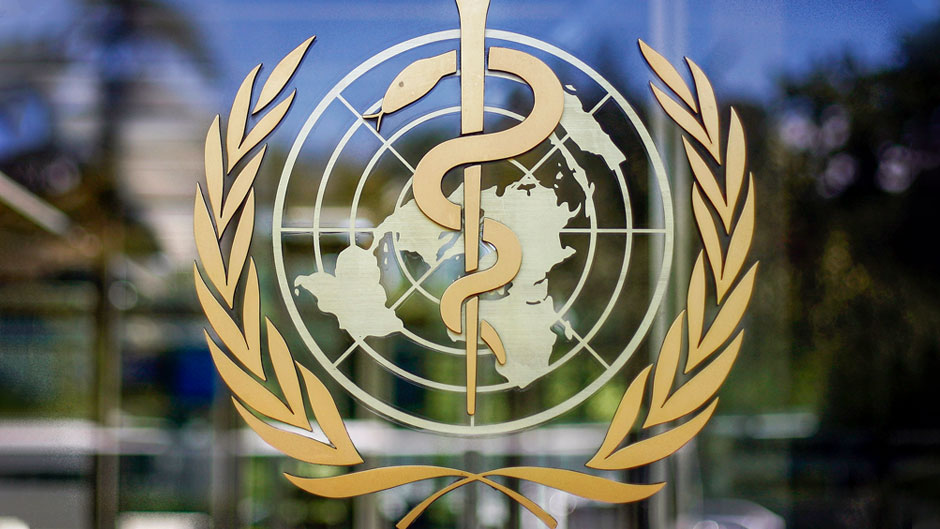In a virtual conversation on Nov. 17 with the Americas Society/Council of the Americas (AS/COA), University of Miami President Julio Frenk detailed the University’s successful experience to return students to campus this fall, while highlighting how the pandemic has revealed a renewed respect for science and research, higher education, and the need to shift perceptions of sovereignty as they relate to public health.
“We need to give the WHO (World Health Organization) much more power to intervene and the type of tools that the World Trade Organization and other multinationals have to actually enforce the international health regulations and impose sanctions,” said Frenk, speaking with Susan Segal, president and CEO of AS/COA, the premier forum for education, dialogue, and economic advancement in the Americas. “Right now, if there’s an outbreak, there’s a strong incentive for countries to withhold information because it has huge economic implications.”
He remarked on the difference between Mexico, “which immediately declared the H1N1 virus and paid an enormous economic price” in 2009, and information on the current coronavirus that China has been slow to disclose.
Frenk said that the world’s primary health body is “a pretty good instrument,” but needs reform. The WHO’s effectiveness has been deliberately weakened by members refusing to pay their dues and undermining the finances, depriving it of enforcement powers, he said.
“This is not about giving up sovereignty, it’s about sharing sovereignty so that our common security improves—it’s a very different way of thinking,” the president told those who tuned in to the virtual event.
“Nothing compromises your sovereignty more than having an out-of-control pandemic killing thousands and thousands of your citizens and an economic crisis destroying jobs—that is the real threat to security and sovereignty,” he said.
Frenk, a global public health expert in his sixth year as University president, also expressed his hope that policymakers would maintain funding for public health research and innovation beyond the current pandemic crisis.
“For an infinitesimal fraction of the cost of the stimulus packages that had to be enacted to mitigate the economic consequences, we could advance a much better permanent system of surveillance and response capabilities,” he said.
He noted, too, the increased respect for science that has emerged from the devastating virus. “Experts are not elitists who look down on ordinary people—that’s the type of discourse that populist leaders try to exploit—but instead they are people who are there to orient us all,” he remarked.
“Experts like Dr. (Anthony) Fauci and so many others have become folk heroes, at least for a big part of the population, and it’s brought home the value of science, which is what’s going to get us out of this,” Frenk added.
The purpose and role of higher education has been heightened as a result of the current crisis, according to Frenk.
“The pandemic has brought to the forefront the historic role that universities play: our educational mission preparing the future leaders, the most educated component of the workforce, and also most of the research—the testing of drugs and vaccines—has been carried out in universities and research centers,” he said, noting that the University has been active in the clinical trials that have prompted anticipation for a COVID-19 vaccine.
He also pointed out the historic role of universities as exemplary institutions. “Through the values we embrace and the behaviors we exhibit, we set an example to the larger society of which they are a part,” he said. “Especially at a time when people are so polarized, the value of using reason, respectful disagreement—not to achieve unanimity but to be able to disagree in a respective way—are critical to civil discourse.”.
He urged universities in Latin America, the region, and the world to better address the values of diversity and counter deepening social inequalities.
“We must refocus on our role as the most legitimate avenue for upward social mobility,” Frenk said. “At a time of growing inequality, our role as the most legitimate avenue for upward mobility is going to be absolutely crucial.”

